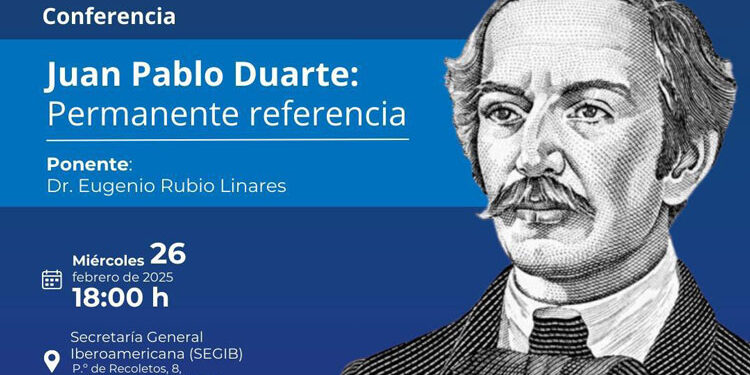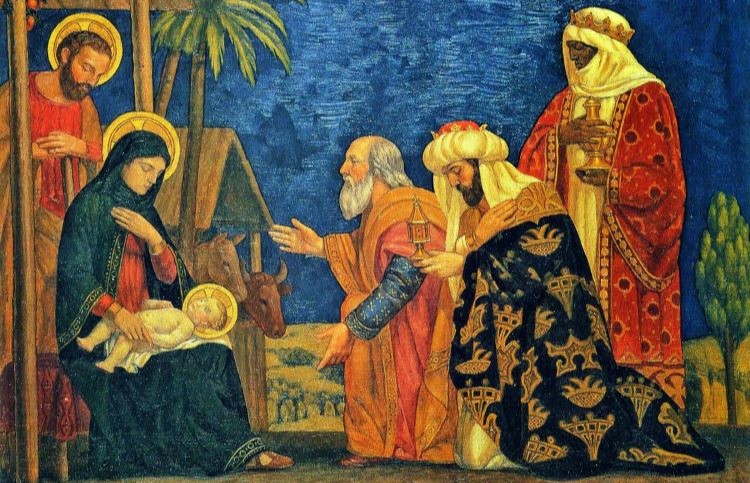The Embassy of the Dominican Republic presents the Conference, Juan Pablo Duarte: Permanent Reference, given by Eugenio Rubio Linares, which will take place on Wednesday, February 26 at 6 pm in the Ibero-American General Secretariat (SEGIB) (Paseo de Recoletos, 8).
Dominican Republic’s father, Juan Pablo Duarte, who was born in Santo Domingo, studied in Europe between 1828 and 1833, where he embraced the liberal and socialist ideas that were in vogue there at the time. These would inspire his call to fight for the independence of the Dominican Republic, which had been ruled by Haiti since 1822. Haiti took control of both sides of the island of Hispaniola in that year during the brief Dominican independence from Spain achieved in 1821 and its consequent power vacuum.
In 1838 he helped found La Trinitaria, a secret reformist movement whose members felt determined to regain control of Spanish Haiti, the name given to the brief independent republic. They felt entitled to rule what they saw as their part of the island where the ideological differences of Haitians and Haitian-Spaniards made coexistence functionally impossible. The Trinitarian believed that its liberal and socialist values would be impossible to implement with the Haitians. Haitian President Jean-Pierre Boyer had rejected calls from critics of Haiti to reform the government and establish a parliamentary democracy.
Later, Duarte created another not so secret group called La Filantrópica, which courageously defended the independence of Haiti by organizing theatrical performances. Duarte’s leadership in organizing and promoting independence led to his exile in 1843, when he settled in Venezuela. The following year, however, La Trinitaria gained support for its cause after launching a manifesto in favor of independence. On February 27, 1844 an army of independence supporters, led in part by a rancher named Pedro Santana, stormed and seized the Ozama Fortress and expelled all Haitian officials within days. Dominicans still celebrate this day as the Dominican Independence Day. Duarte returned from Venezuela that same year eager to begin designing the future of the new Dominican Republic, for whose creation he had fought so hard.







